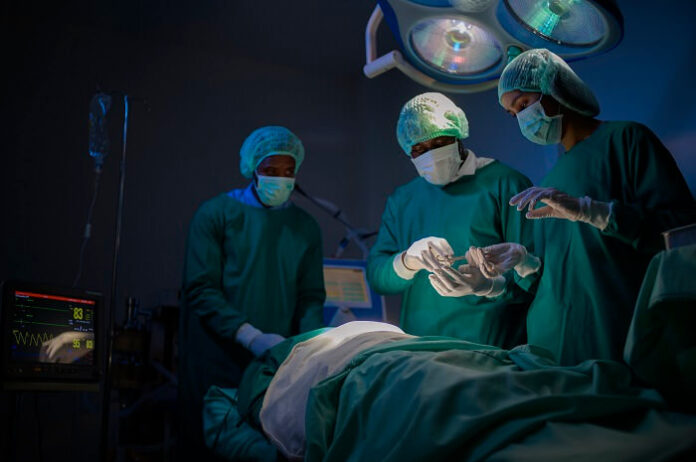At 43, Srikala, a farmer’s wife from a village near Aurangabad, faced a rare and severe cardiac condition known as aortic dissection. This critical issue involves tears in the inner layer of the aorta, the body’s largest artery, impacting blood flow to vital organs including the brain.
Despite experiencing severe stomach pain, dizziness, and a reduced appetite for three months, Srikala’s condition went untreated until her haemoglobin level fell to 6 and she lost significant weight. Her family then sought help at KEM Hospital in Parel, a public hospital, in July.
Srikala needed a complex procedure called TEVAR (thoracic endovascular aortic repair), which is often conducted in private hospitals with advanced facilities. Remarkably, the team at KEM Hospital managed to perform this intricate procedure at a significantly lower cost. Dr. Sangeeta Ravat, the dean of KEM Hospital, remarked, “We successfully completed the complex procedure and did so at a fraction of the cost compared to other hospitals”.
Professors Dr. Balaji Aironi and Dr. Charan Lanjewar highlighted that this was the first instance of TEVAR being used for such an extensive aortic dissection with a hybrid approach in a public hospital in Maharashtra. While a private hospital had estimated the procedure cost at Rs 30 lakh, KEM Hospital performed it for just one-fifth of that amount.
Additionally, Dr. Lanjewar mentioned that funds were raised through donations to support Srikala’s treatment. The repair was particularly challenging due to Srikala’s unusually narrow blood vessels at the groin, measuring only 4mm in diameter compared to the usual 7mm.
Dr. Aironi, from the cardiothoracic surgery department, explained that Srikala was in cardiogenic shock upon arrival, making traditional open-heart surgery too risky due to its high mortality rate. The KEM team opted for a hybrid approach, involving both cardiac surgeons and cardiologists, to ensure a safer and quicker recovery.
As reported by msn.com, the procedure began with cardiac surgeons, led by Dr. Aironi, creating a bypass using a dacron graft- polyester material designed to replace or repair damaged blood vessels – connecting the main arteries to the brain and arms.
























